speedy-seeds.co.uk
Organic Seeds for Sprouting / Sprouts | Many Types | Healthy Microgreens all year round!
Couldn't load pickup availability
Please find for sale various types of organic non-gmo seeds for sprouting / sprouts and microgreens which can be easily grown all year round indoors in even the smallest of places. You can be enjoying super healthy food in a little as just a few days!
Growing microgreens or sprouts in containers indoors is a great to enjoy nutrient-dense superfoods all year round. Sprouts are actually contain significantly higher amounts of protein and antioxidants than the fully grown plants.
GROWING DIFFICULTY RATING: EASY (Sprouts), VERY EASY (Microgreens)
INSTRUCTIONS - TO SAVE PAPER I NO LONGER SEND OUT WRITTEN INSTRUCTIONS TO CUSTOMERS. INSTRUCTIONS ARE BELOW SO PLEASE BOOKMARK THIS PAGE.
Available seeds:
Alfalfa 9g = +/- 3,000 seeds
Amaranth (Green) 2.5g = +/- 2000 seeds
Amaranth (Red) = +/-/200 seeds
Barley Grass = 10g +|- 250 seeds
Beetroot 9g = +/- 780 seeds
Broccoli 9.75g = +/- 3,300 seeds
Chia 2.5g = +/- 2,000 seeds
Chickpeas 45g = 100+ seeds
Coriander - split (Cilantro) 3.75g = +/- 600 seeds
Cress 10g = +/- 3,500 seeds
Fenugreek 8.5g = 400 seeds
Mizuna 7.5g = 3,000 seeds
Mung Beans - 20g +/- 320 seeds
Oat Groats 10g = +/- 340 seeds
Pea 20g = +/- 100 seeds
Radish 10g = +/- 1,000 seeds
Red Cabbage 7.5g +/- 2,500 seeds
Red Shiso = 100+ seeds
Rocket 7.5g = 4,000 seeds
Spinach Winter Giant 3g = 200+ seeds
Sunflower 10g = 100+ seeds
Wheatgrass 9.5g = +/- 400 seeds
Yellow Mustard 4g = +/- 2,800 seeds
General Germination Guide (Microgreens)
- Prepare a container with drainage holes - eg supermarket grape/fruit punnets
- Line the bottom of the container with a layer or two or (bleach-free) kitchen roll or similar
- Soak seeds in a glass of water for a few hours
- Soak the kitchen roll in the container with water and pour off any excess
- Scatter the seeds over the kitchen roll and gently press them down to get a good contact
- Cover the seeds and the kitchen roll with a with a layer of wet newspaper
- Place the container on a sunny draught-free window sill
- Water once per day on top of the newspaper
- After 2-4 days the sprouts will begin pushing up the newspaper - remove the newspaper
- Harvest with scissors when sprouts are 4-8cms
General Growing Guide (Sprouts)
- Soak seeds in water for approx 12 hours
- Drain in a sieve and rinse with cold water
- Transfer seeds to a sprouting vessel - these can be purchased, but can easily be made from recycled glass or plastic jars with lids or gauze
- If using lids on the jars needs, the lid needs to have lots of small holes to allow water to drain but not allow the seeds to fall through
- I find some gauze secured with elastic bands works perfectly well
- Place in a cool dark place (eg larder or kitchen cupboard) for 48 hours
- During this period, rinse the seeds and drain 3 times a day
- Sprouting seeds should be visible from day 2
- Once the sprouts are 2-2.5cm long bring the jar into some nice indirect light
- After about 12 hours the seeds should take on a lovely green colour
- Rinse the seeds, drain and then harvest
- Sprouts can be dried off before storing in containers using a spinner or a paper towel
Which seeds should I grow?
Materials
Materials
Shipping & Returns
Shipping & Returns
Dimensions
Dimensions
Care Instructions
Care Instructions
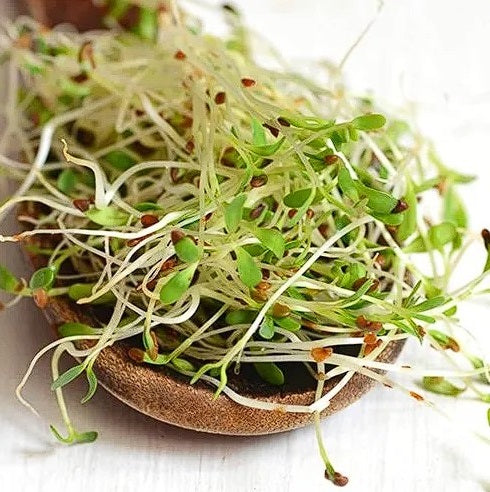
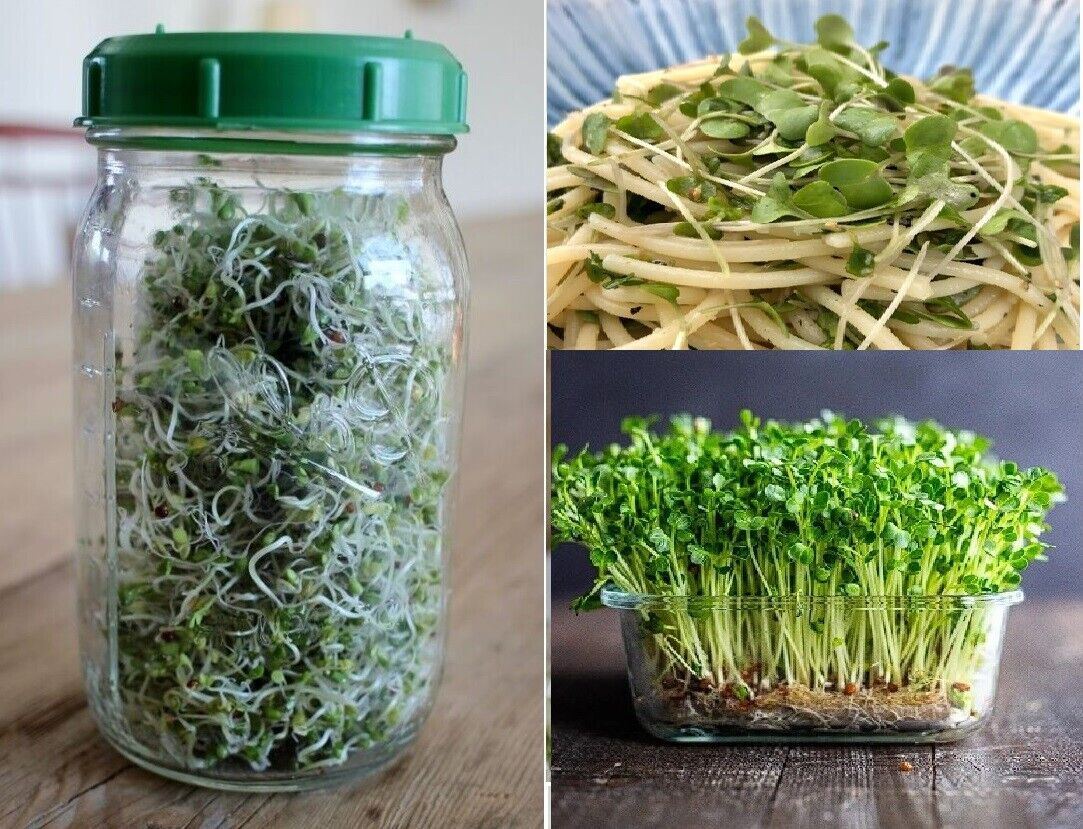
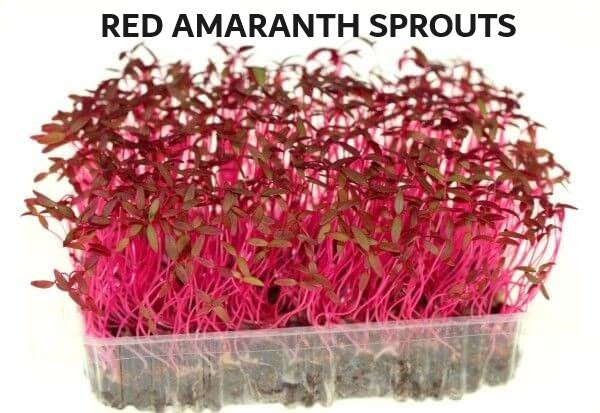
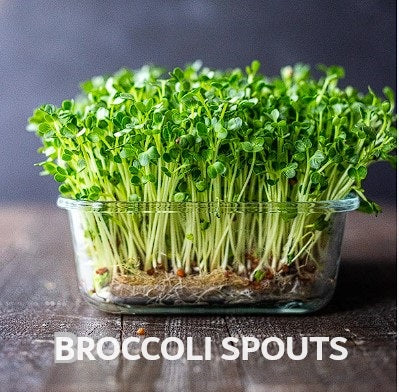
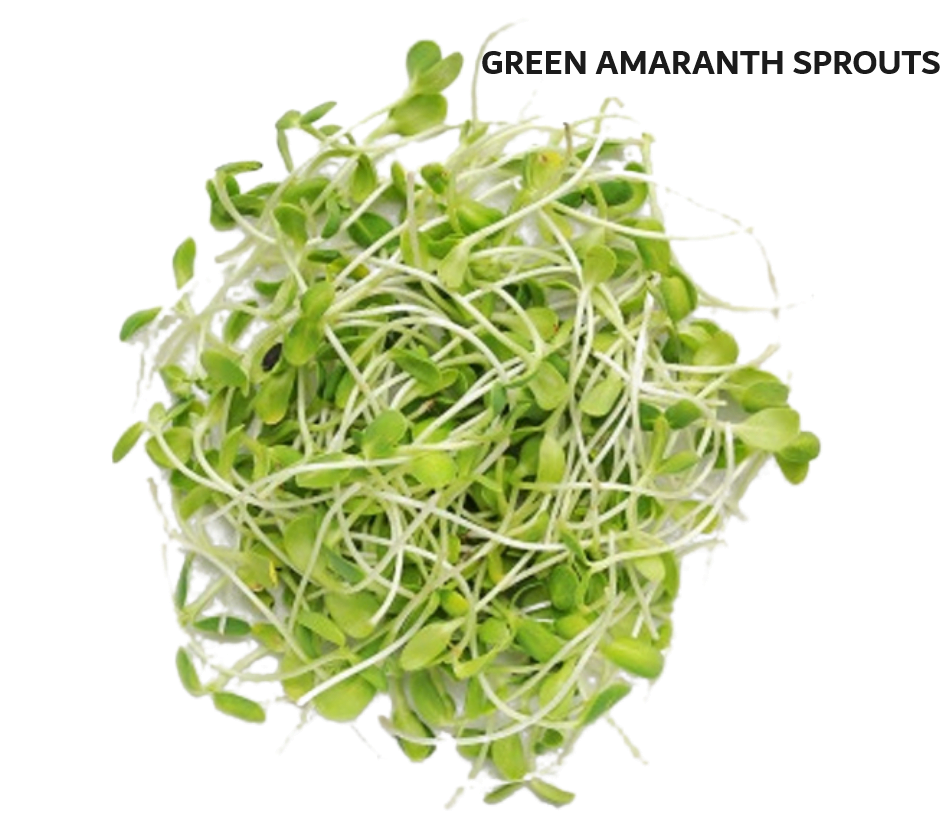
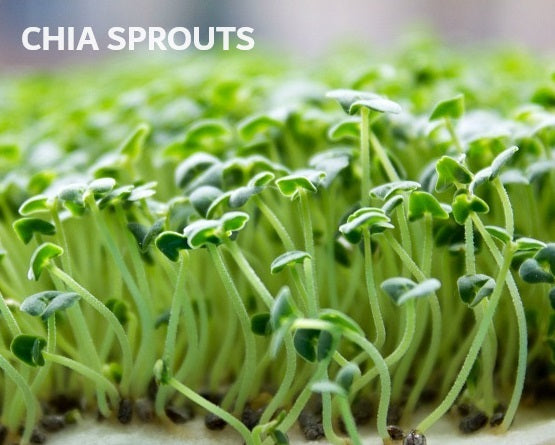
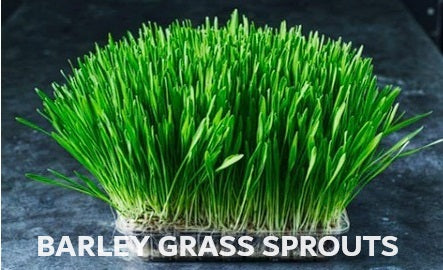
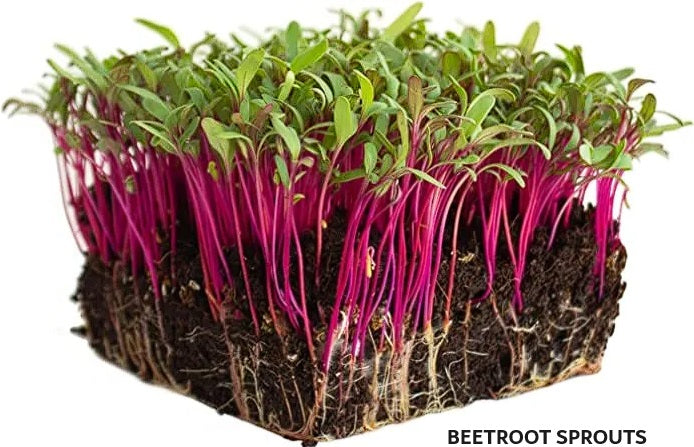
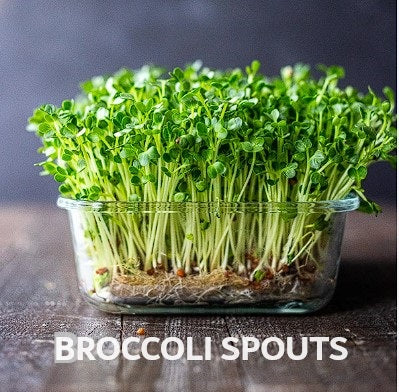
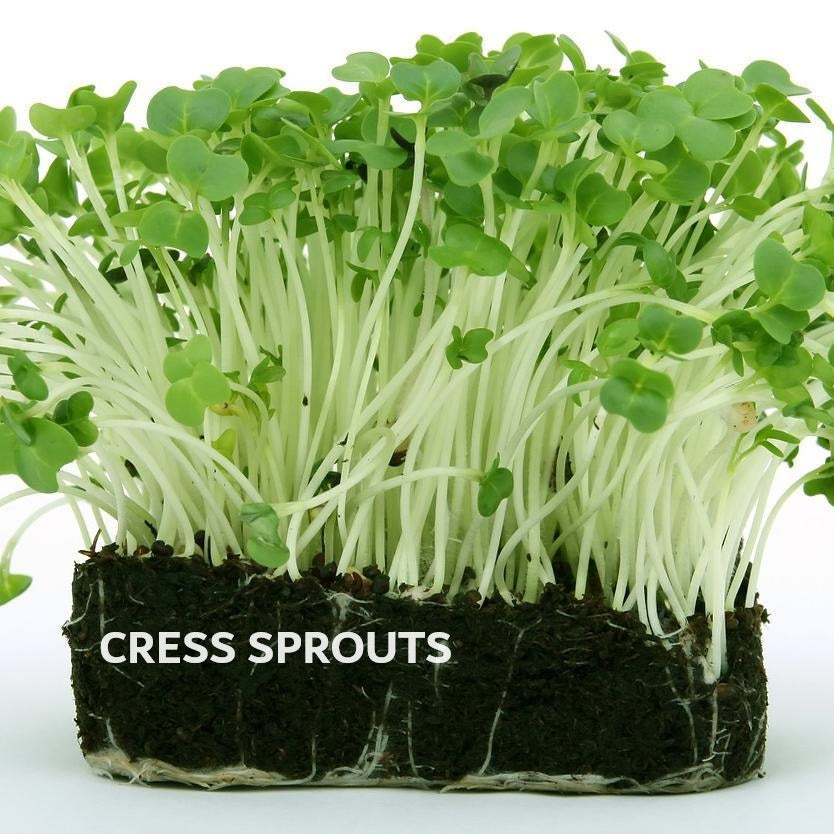
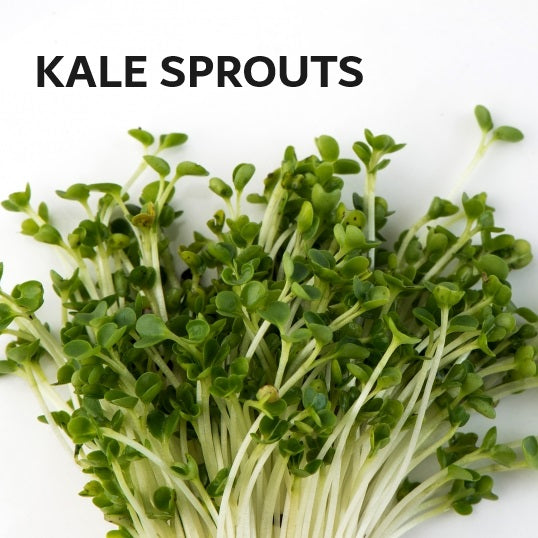
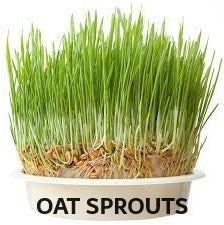
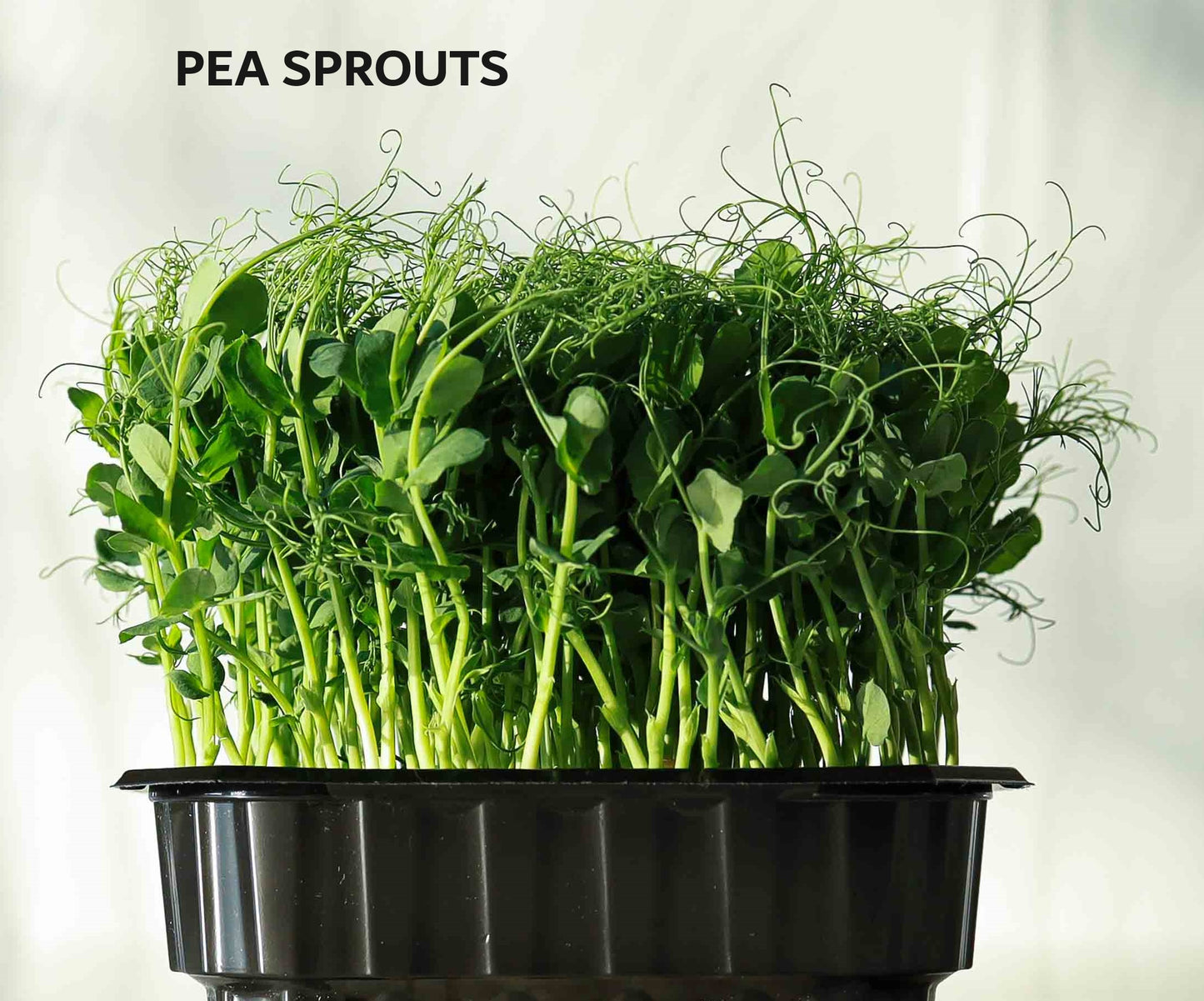
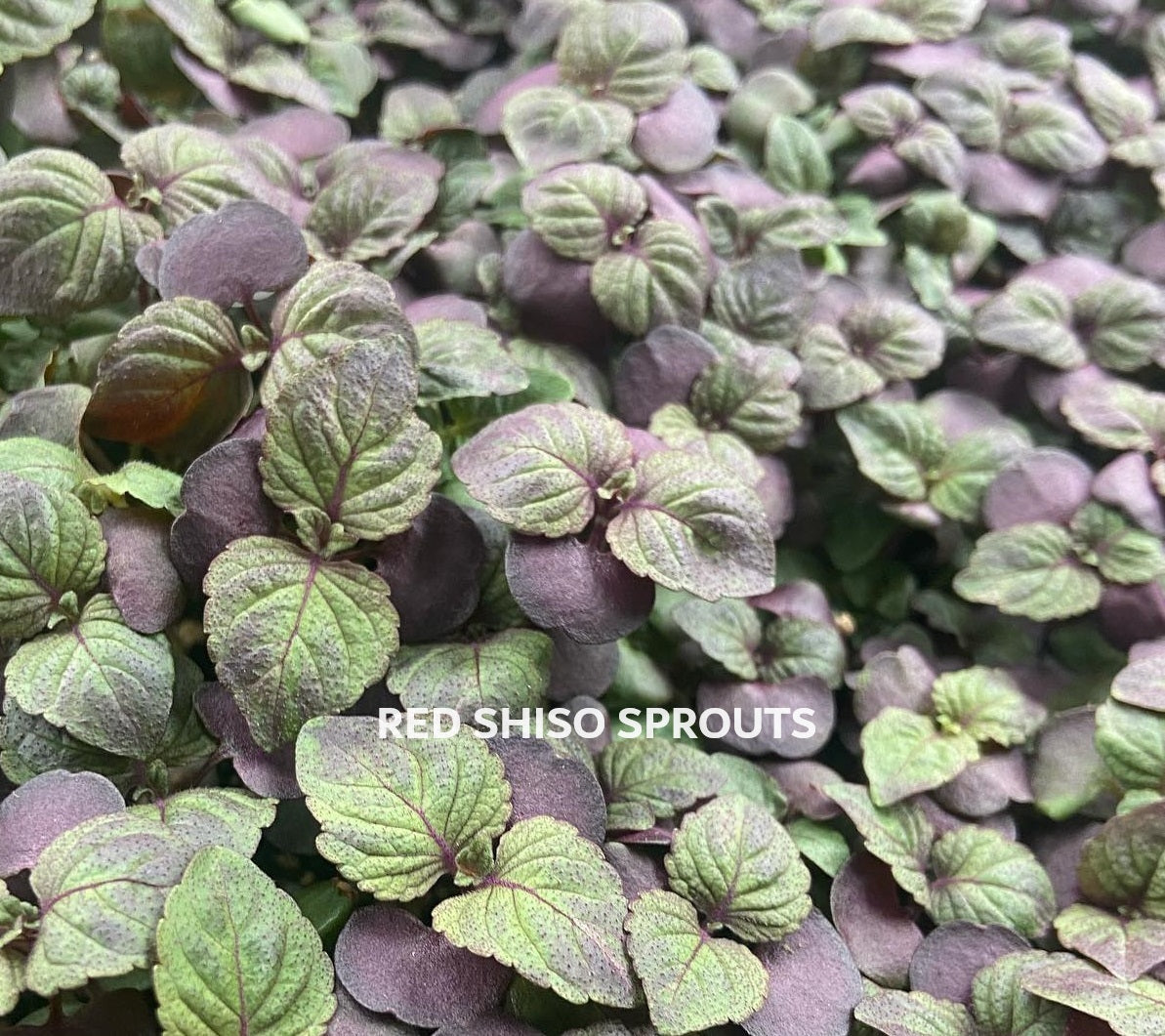
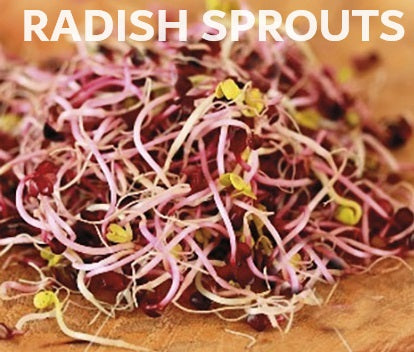
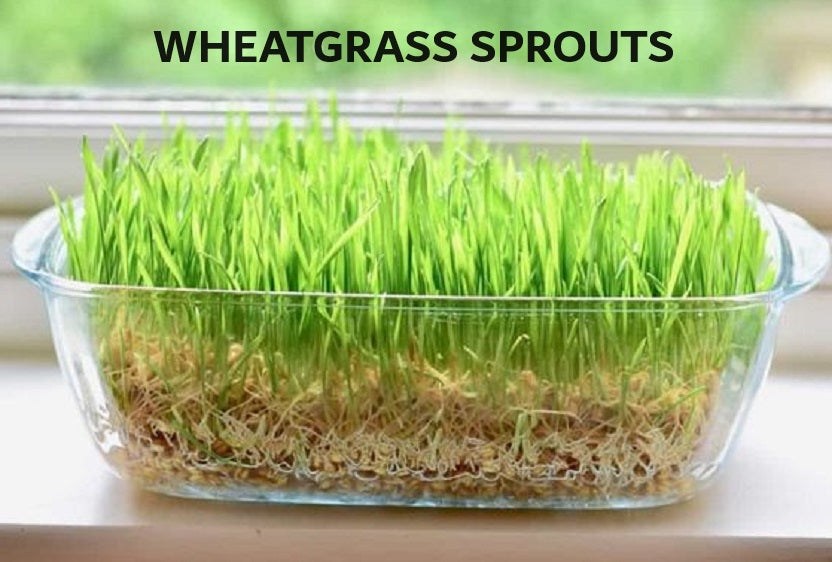
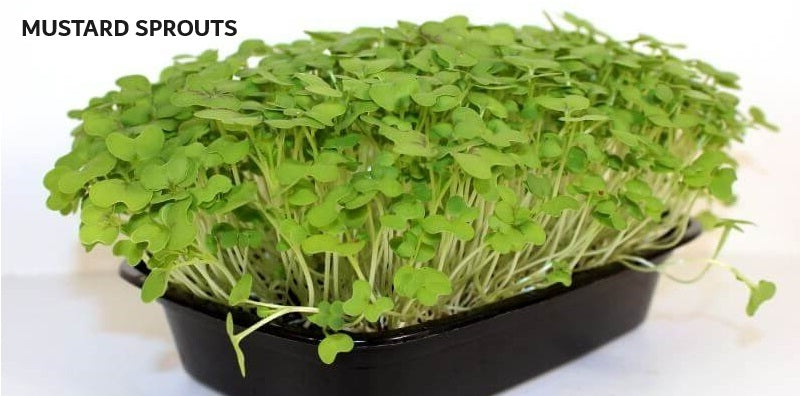
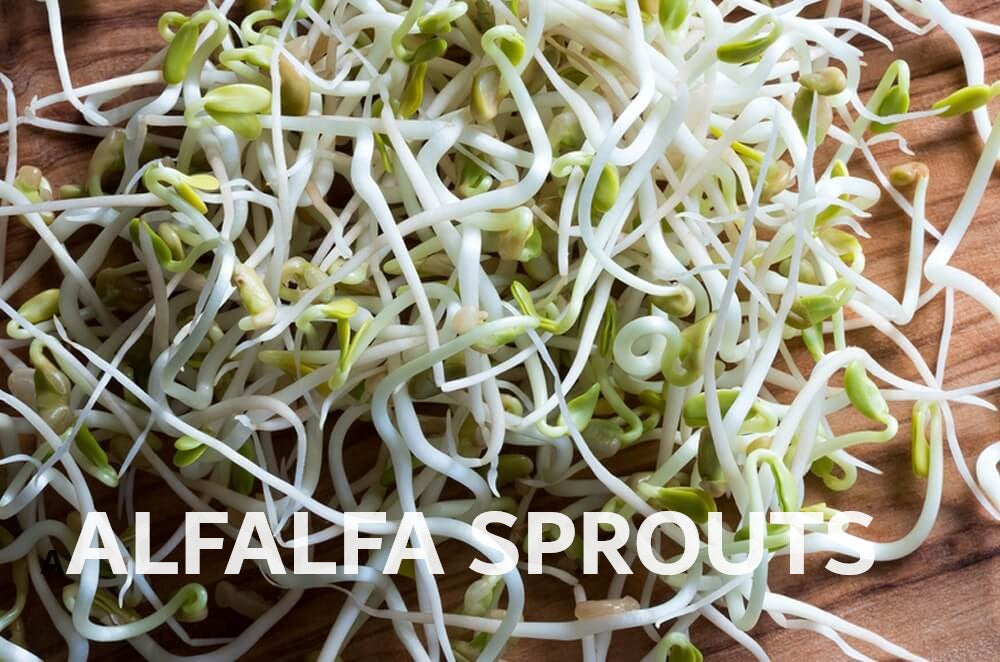
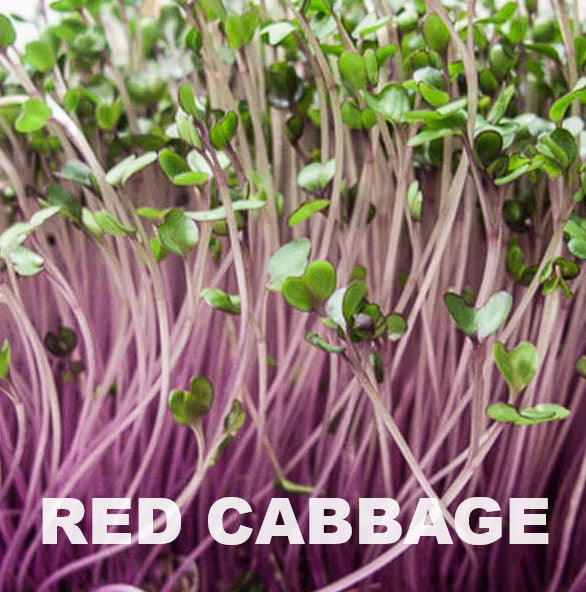
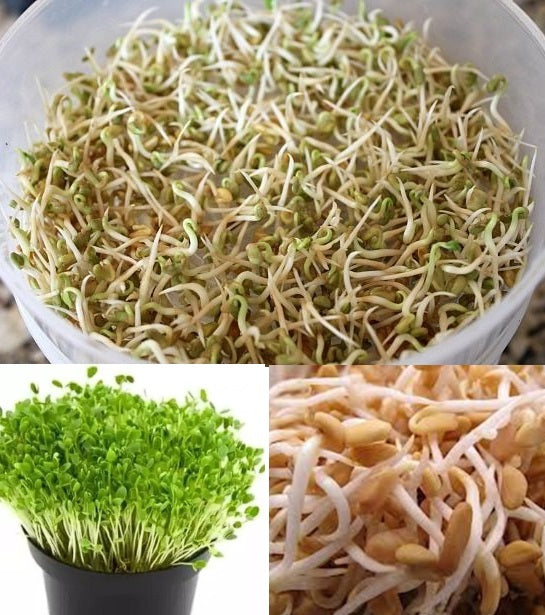
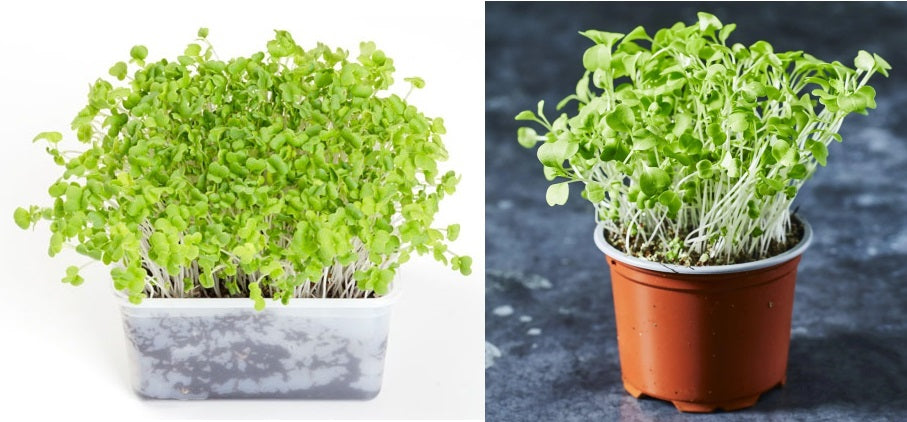
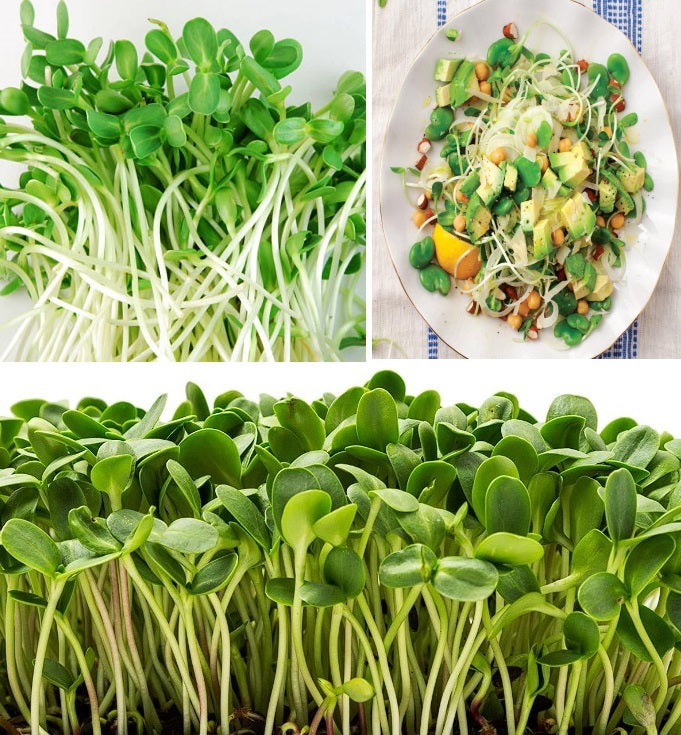
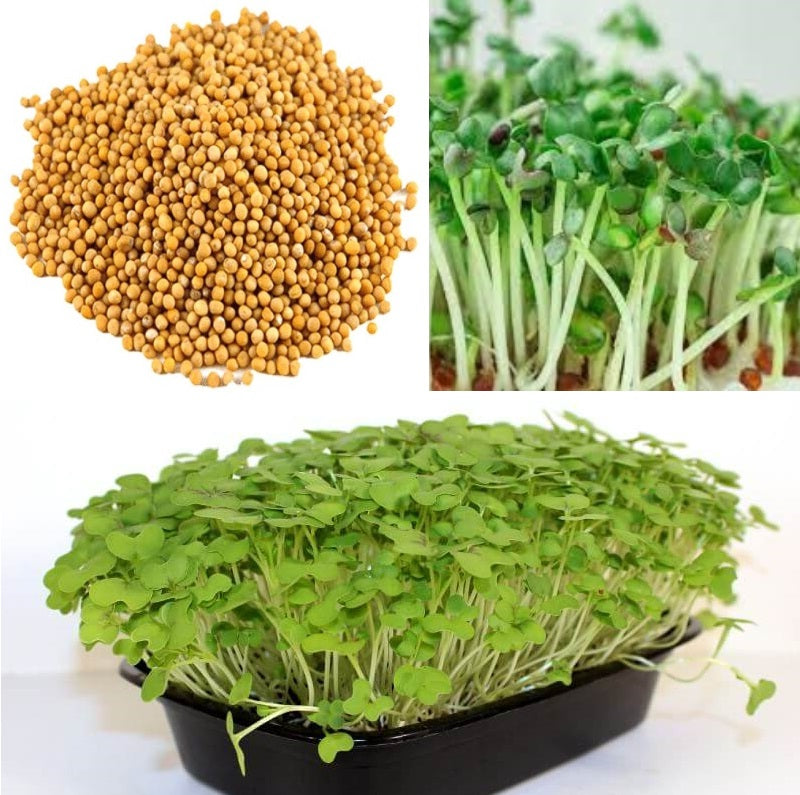
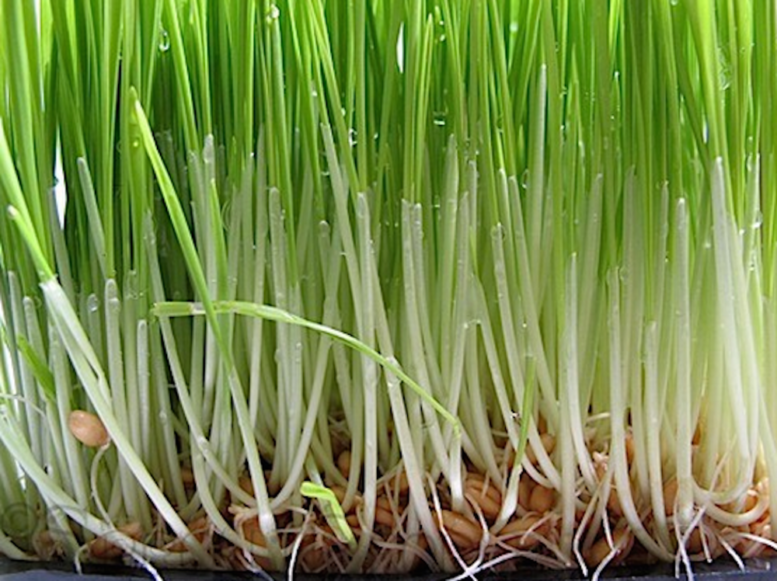
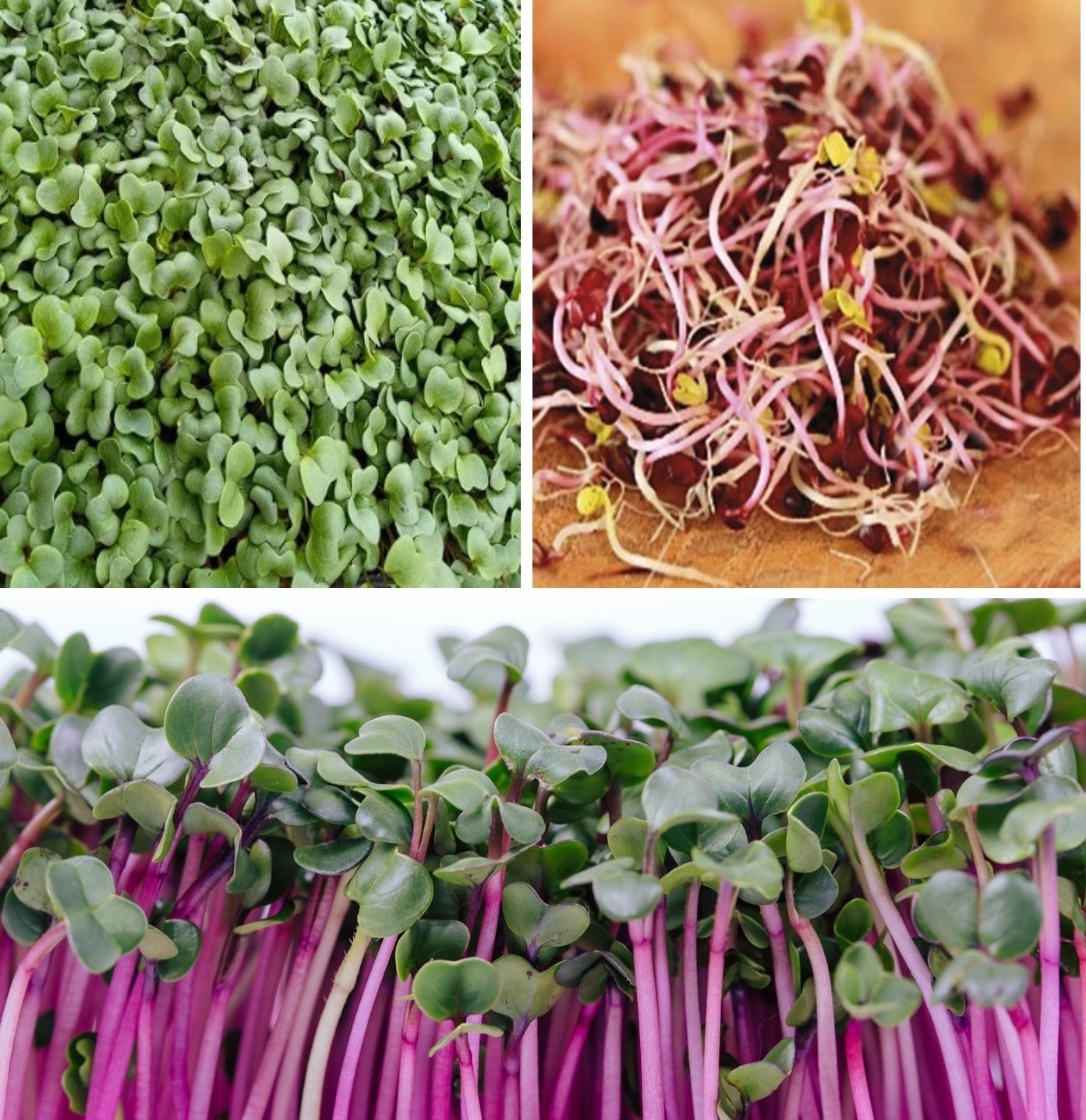
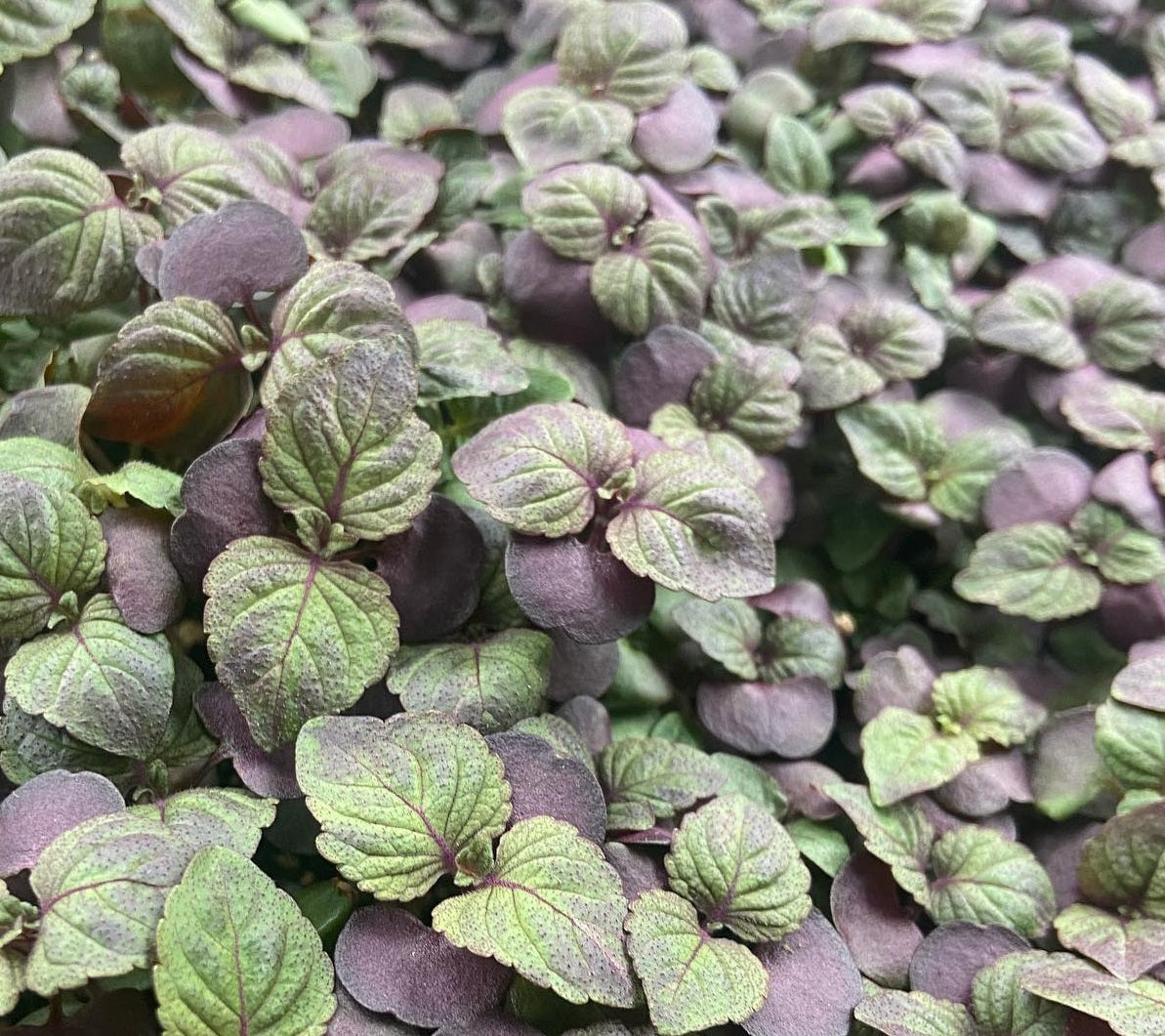
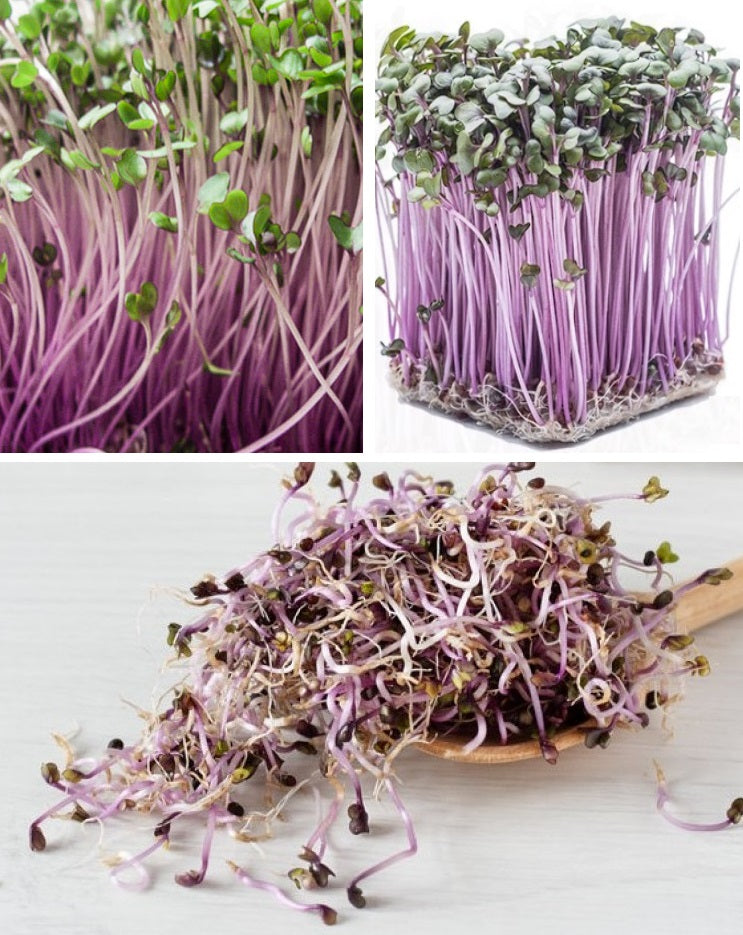
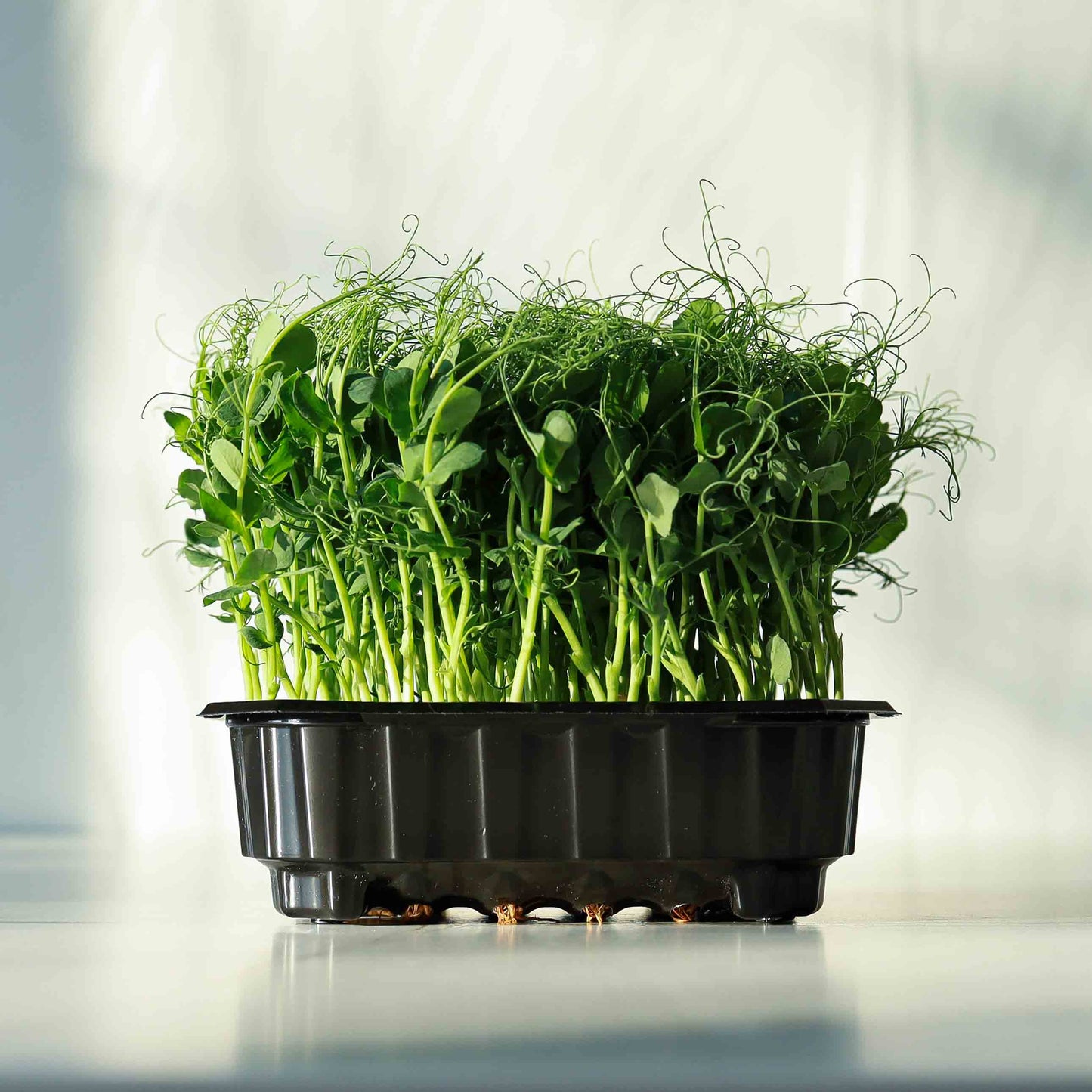
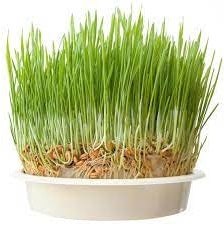
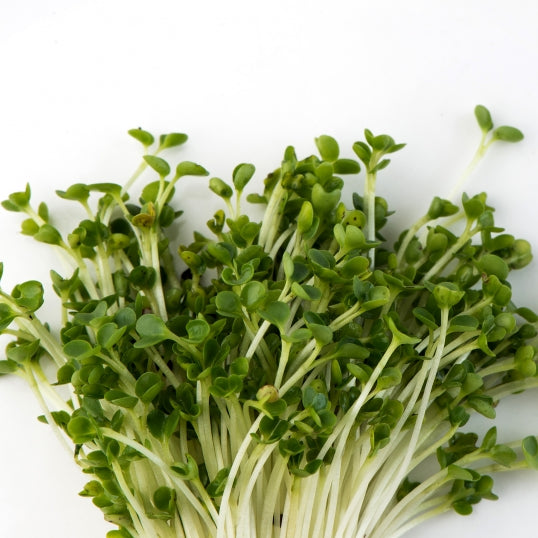
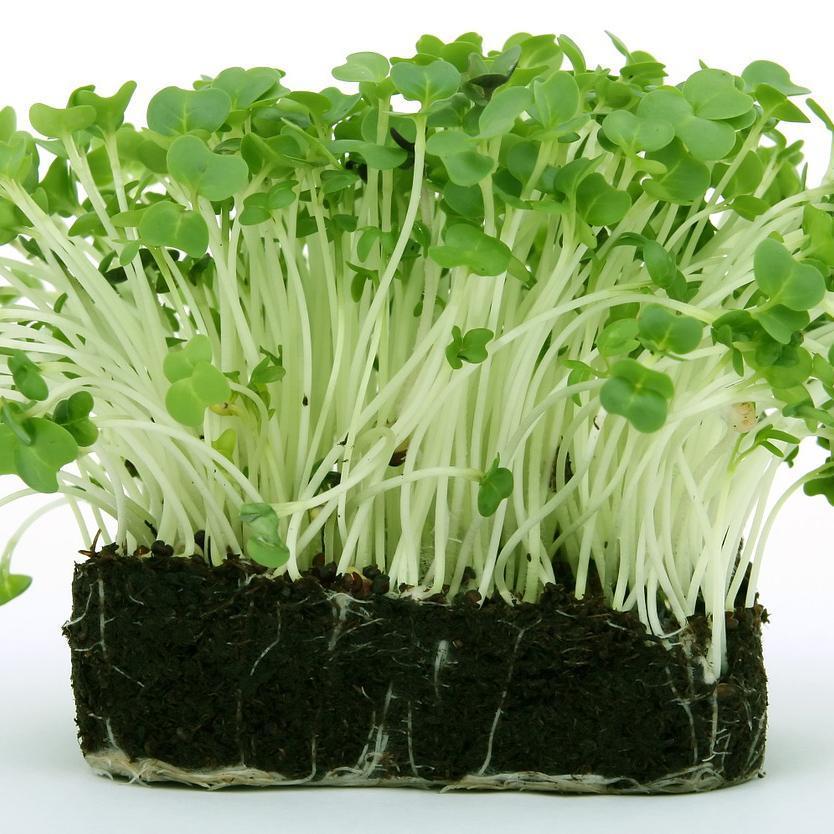
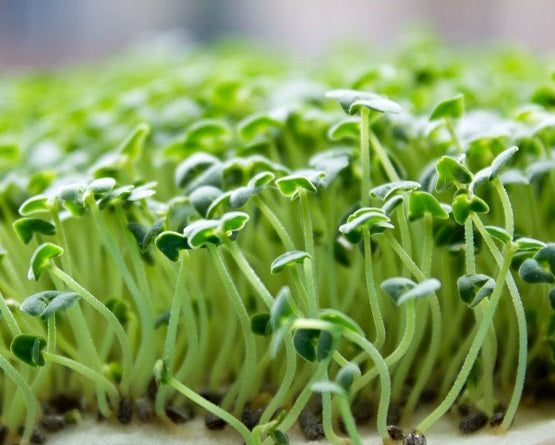
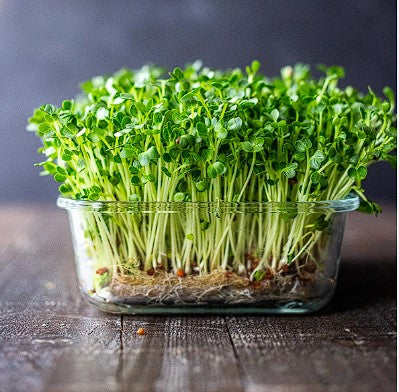
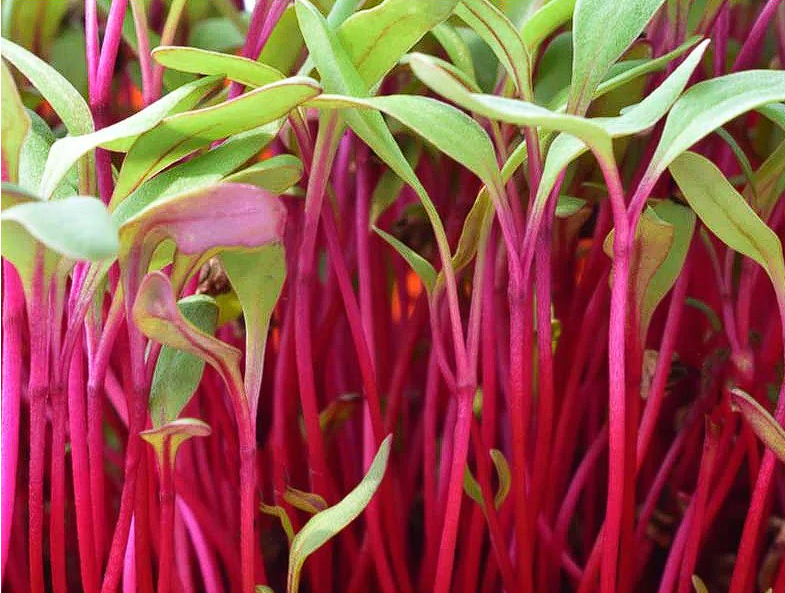
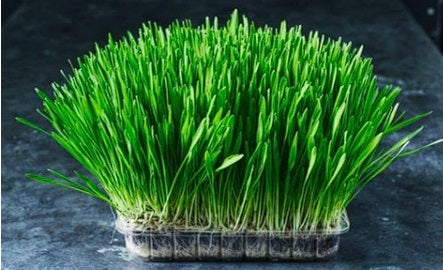
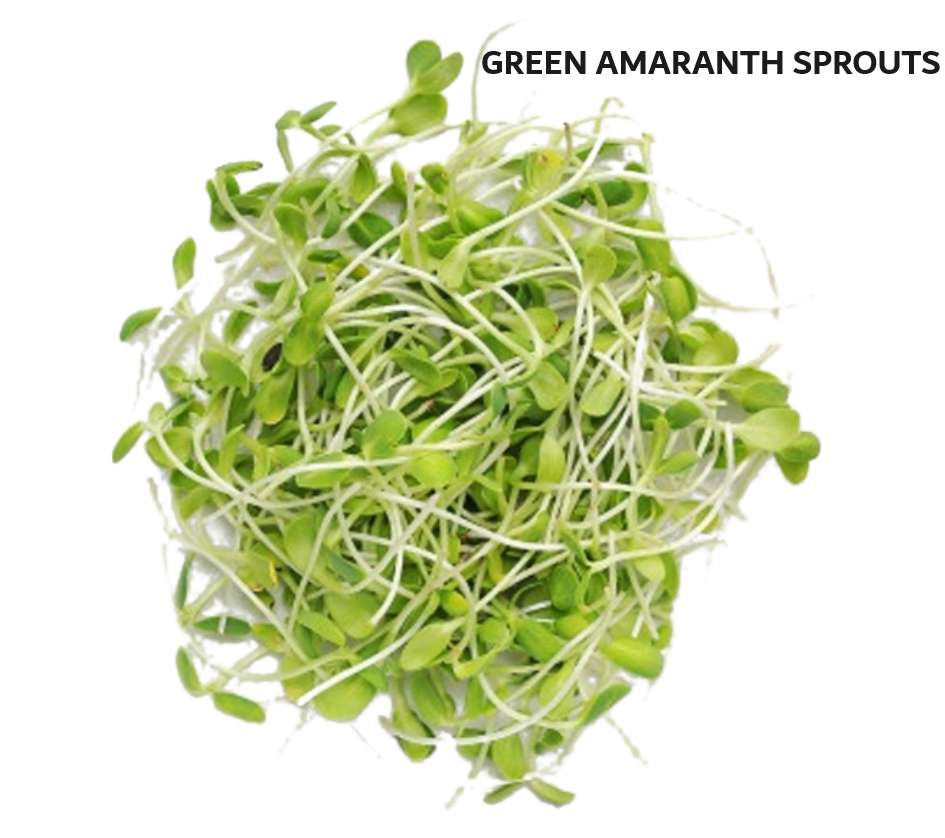
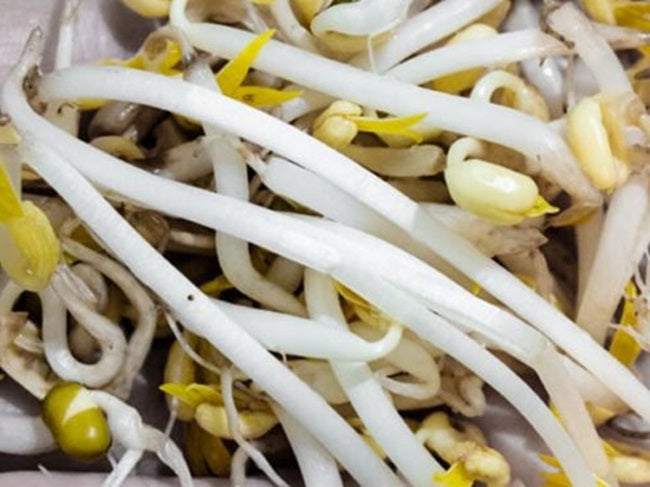
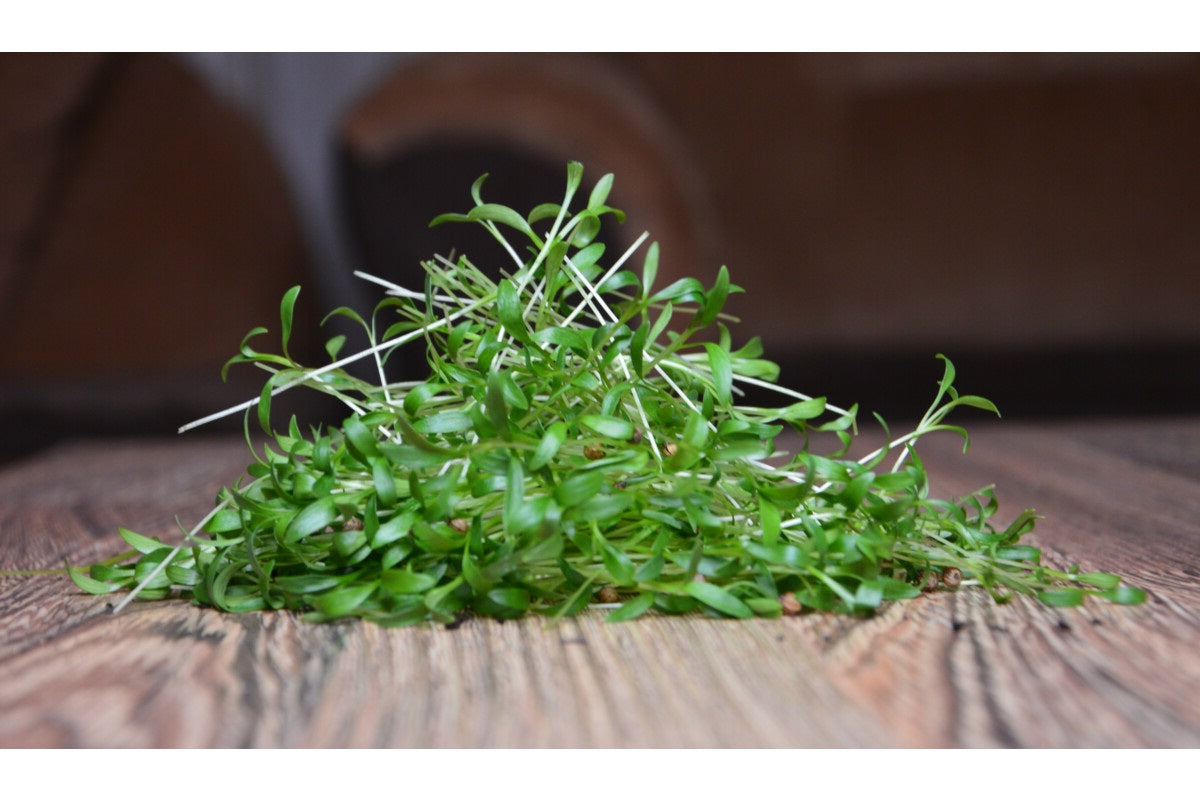
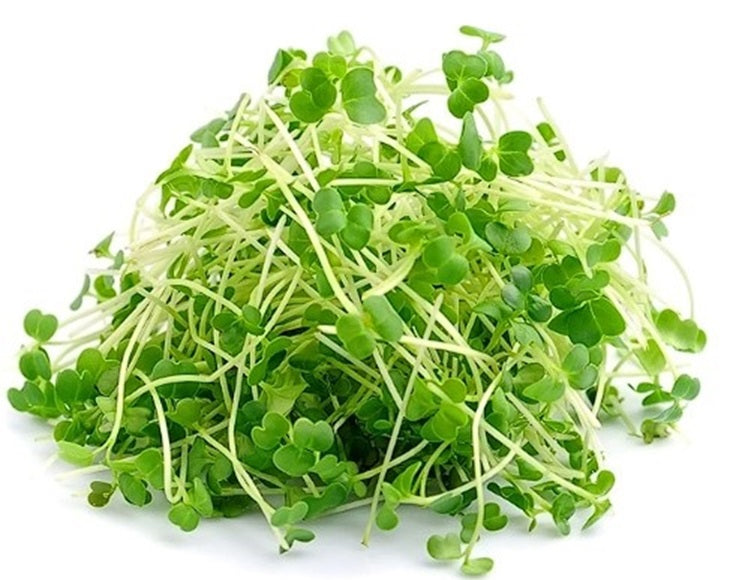
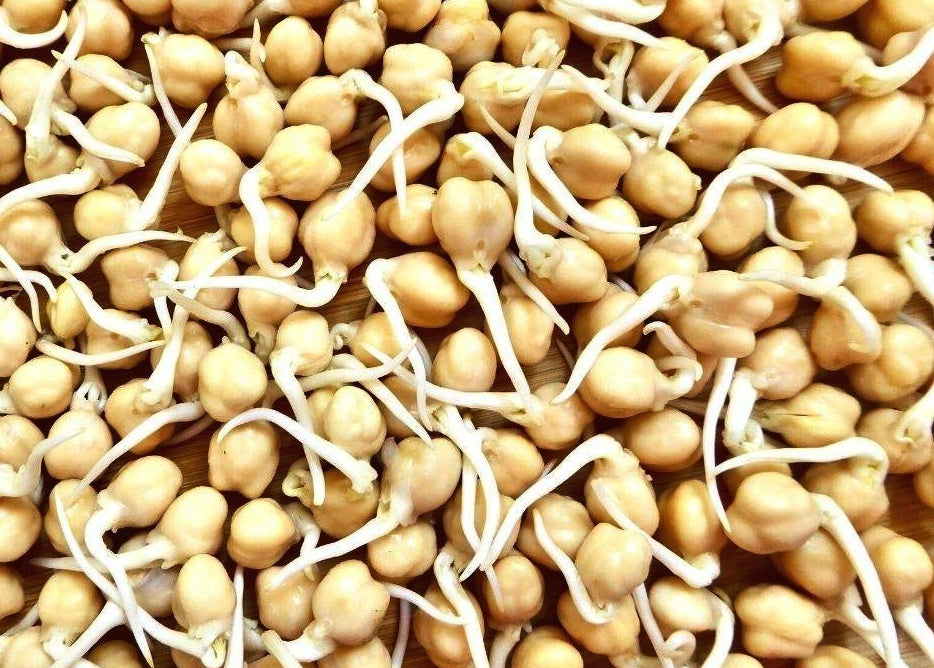
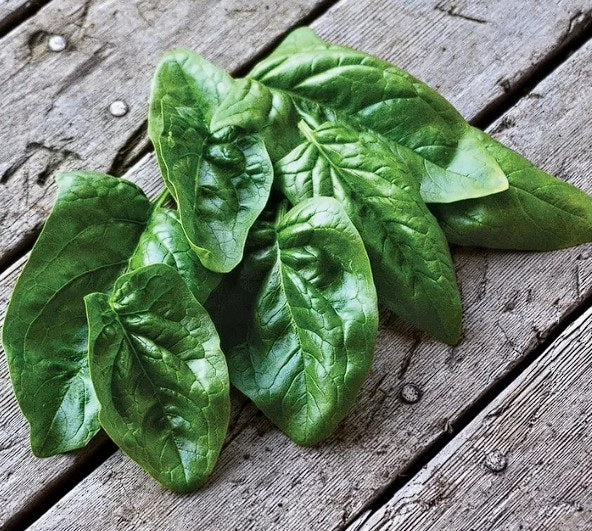
Image with text
Pair text with an image to focus on your chosen product, collection, or blog post. Add details on availability, style, or even provide a review.
-
Free Shipping
Pair text with an image to focus on your chosen product, collection, or blog post. Add details on availability, style, or even provide a review.
-
Hassle-Free Exchanges
Pair text with an image to focus on your chosen product, collection, or blog post. Add details on availability, style, or even provide a review.









































